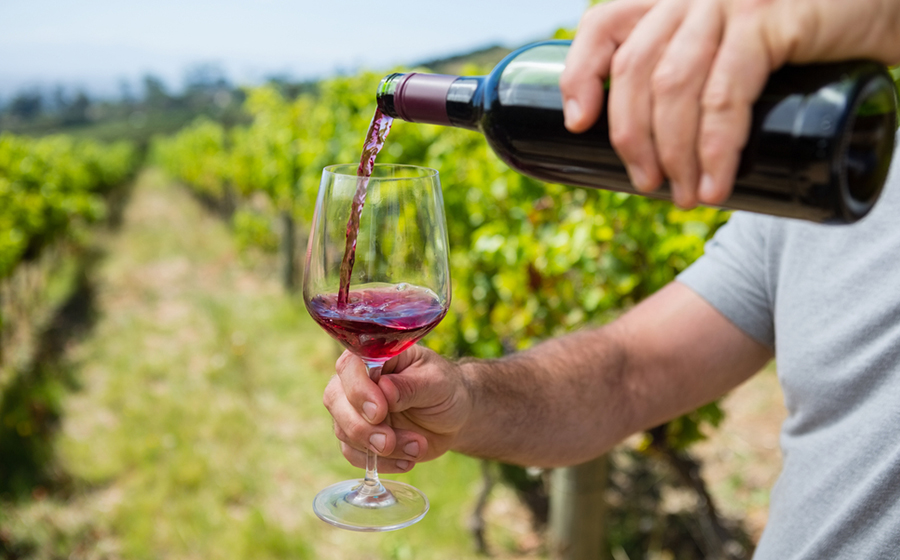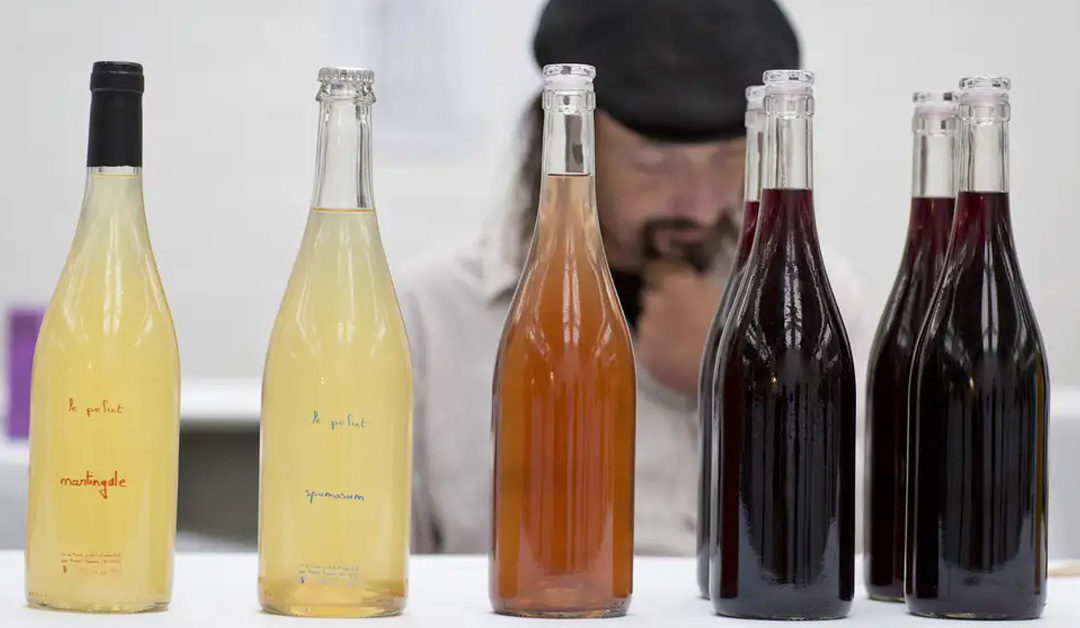
Natural Wine
So just what is “natural” wine and why is it called that? To put it simply, Feiring explained that it is wine made with “organic viticulture, and then nothing added or taken away in the process- except perhaps a very minimal amount of sulfites.”
Feiring is an award winning wine writer who has written the book Natural Wine for the People. She further explains: “Natural wine means doing the minimum in the winemaking process while still producing something delicious. Most people are shocked to find out that there are over 72 perfectly legal wine additives-and a normal wine at the supermarket, even those labeled organic, will have a minimum of ten.”
Additives include water, added sugar, artificial color, gelatin, various enzymes and acidifiers, synthetic tannins, nitrogen, oak chips, egg whites, hydrogen peroxide, and even other ingredients. This explains why so many are looking beyond the commonly found wines in favor of natural wines that come from wineries that use minimal intervention in their winemaking.

Natural Wines Have No Added Preservatives
When looking for a natural wine, it may be a bit difficult to find, as there is no legal certificate or definition. “It’s impossible to categorically define, as it is more a philosophy than a dogma,” says Feiring. She continued: “If you go to a store with, let’s say, the ubiquitous champagne houses with orange labels or cupcake brands stacked up, you’re in trouble.”
You may be directed to the organic wine section, but you should be careful. While natural wines are organic, not all organic wines are natural. If you want to increase your chances in finding a natural wine, “head directly to the French section of the store, that’s where you’ll have the most luck,” suggests Feiring.

Natural Wines Include Zero Additives
Once you do get your hands on the natural stuff, make sure you’re storing it in a safe and proper manner. Bottles of natural wine should be kept in a dark, cool location, as light and heat will absolutely damage them, since they do not have chemical preservatives.
One of the most exciting reasons to get a natural wine is because they are known for having unusual flavor profiles as opposed to more conventional wines. As Feiring says: “Expect the unexpected. These are free wines, so expect to fly.”








